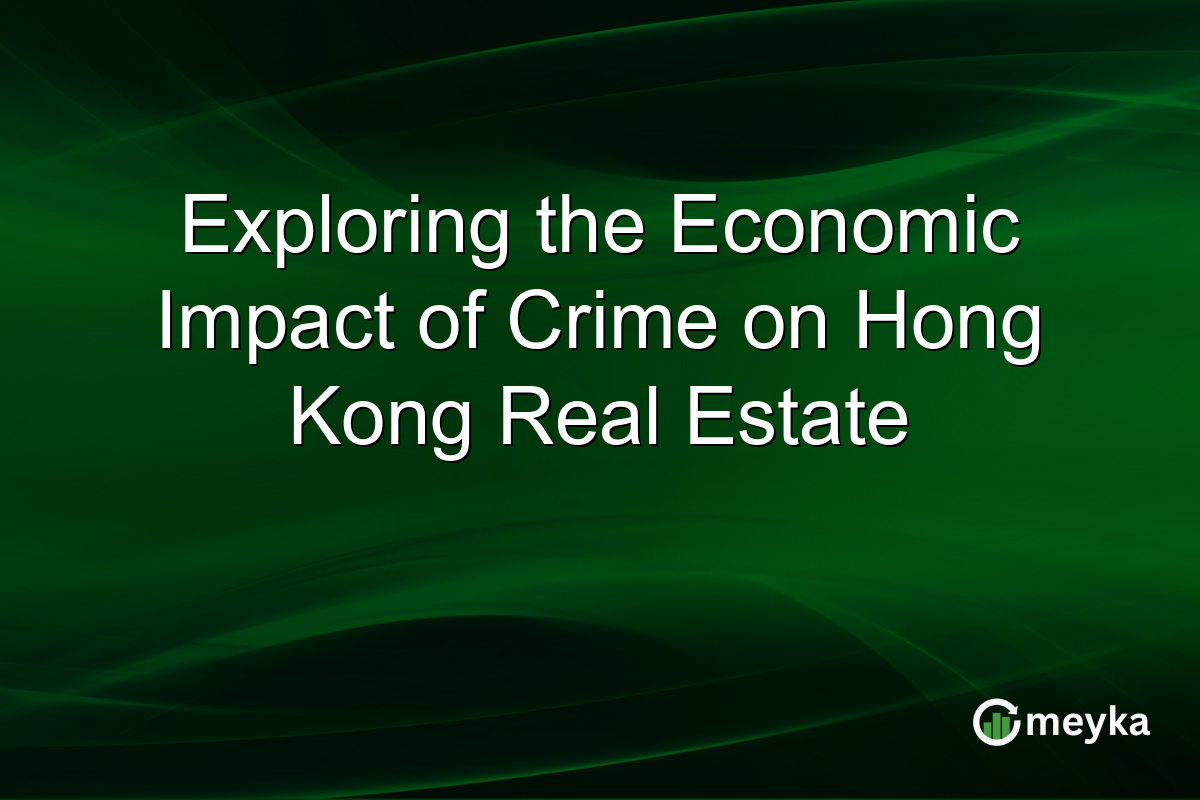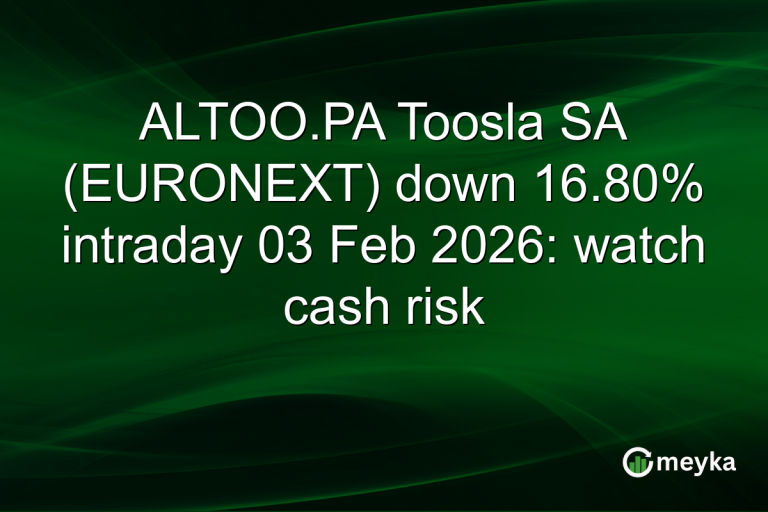Exploring the Economic Impact of Crime on Hong Kong Real Estate
The Hong Kong real estate market is a dynamic sector known for its high-value investments. However, the recent “康樂園三屍命案” case has cast a shadow over the industry. This incident has raised concerns about how crime can affect property values and investor confidence. Understanding these impacts is crucial for stakeholders looking to navigate this complex environment effectively.
Continue Reading on Meyka
This article is available in full on our main platform. Get access to complete analysis, stock insights, and more.
Read Full Article →





